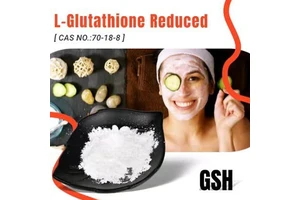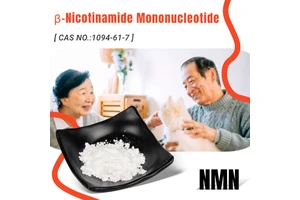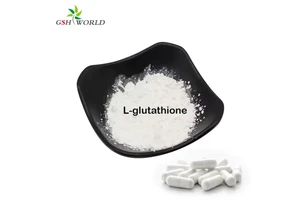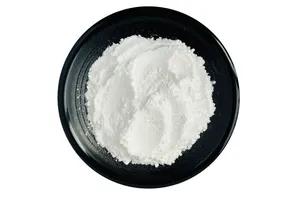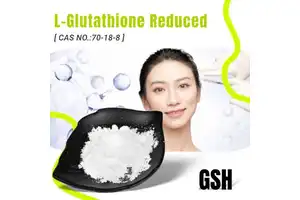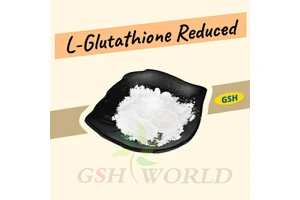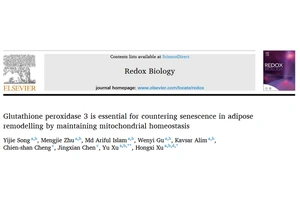Glutathione tablets
Glutathione is widely found in plants and animals and plays an important role in living organisms. The content in bread yeast, wheat germ and animal liver is very high, up to 100 ~ 1000mg/100g, in human blood contains 26 ~ 34mg/100g, chicken blood contains 58 ~ 73mg/100g, pig blood contains 10 ~ 15mg/100g, It was also high in tomato, pineapple and cucumber (12-33mg /100g), but low in sweet potato, mung bean sprout, onion and mushroom (0.06-0.7mg /100g).
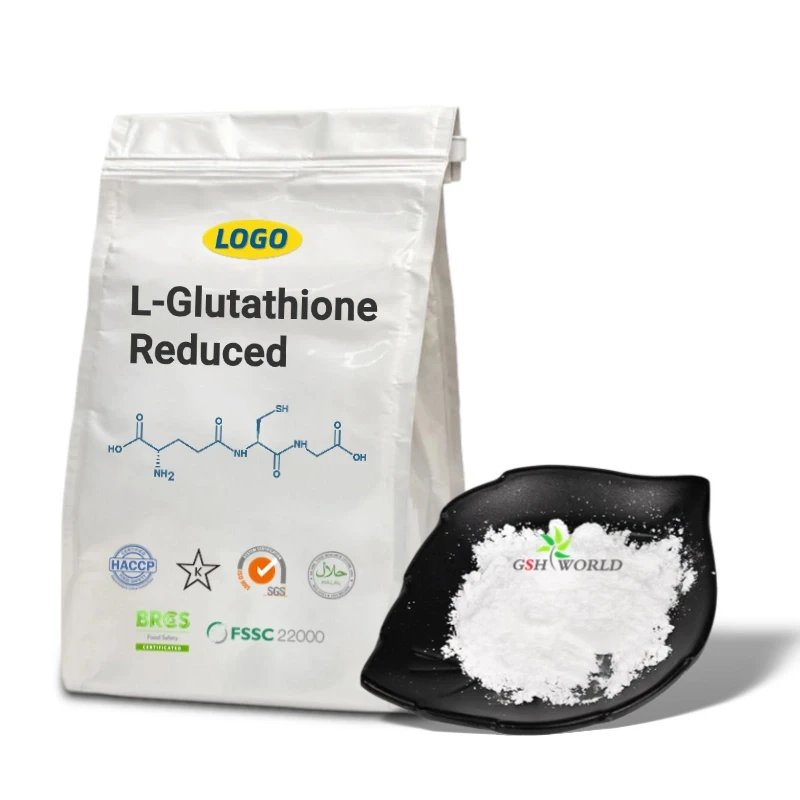
Excessive free radicals produced by the body's new-age metabolism will damage the biofilm, invade the macromolecules of life, accelerate the aging of the body, and induce the generation of tumors or atherosclerosis.
Glutathione plays an important role in the biochemical defense system of human body and has many physiological functions. Its main physiological role is to remove free radicals in the human body, as an important antioxidant in the body, to protect many proteins and enzymes and other molecules in sulfhydryl.
Function Efficacy for chronic hepatitis B liver protection treatment
The structure of glutathione contains an active sulfhydryl -SH, which is easily dehydrogenated by oxidation, and this specific structure makes it the main free radical scavenger in the body.
For example, when a small amount of H2O2 is produced in the cell, GSH reduces H2O2 to H2O under the action of glutathione peroxidase, and itself is oxidized to GSSG, which receives H to be reduced to glutathione under the action of glutathione reductase present in the liver and red blood cells, so that the free radical scavenging reaction in the body can be continued.
Glutathione can not only eliminate free radicals in the human body, but also improve human immunity. Glutathione is healthy and anti-aging, and has a greater effect on the cells that slow down in older people than in younger ones.
Glutathione tablets
Glutathione can also protect hemoglobin from hydrogen peroxide oxidation, free radicals and other oxidation, so that it can continue to perform normal oxygen transport capacity.
Part of the hemoglobin in the red blood cells under the action of oxidizing agents such as hydrogen peroxide, in which the bivalent iron is oxidized to trivalent iron, so that the hemoglobin is transformed into methemoglobin, thus losing the oxygen carrying capacity.
Reduced glutathione can not only directly combine with oxidizing agents such as hydrogen peroxide to form water and oxidized glutathione, but also reduce methemoglobin to hemoglobin.
Glutathione is abundant in human red blood cells, which is of great significance to protect the sulfhydryl group of proteins on the red blood cell membrane in a reduced state and prevent hemolysis.
Glutathione protects the -SH group in the enzyme molecule, which is conducive to the play of the enzyme activity, and can restore the activity function of the -SH group in the enzyme molecule that has been destroyed, so that the enzyme can resume the activity. Glutathione also inhibits the fatty liver caused by ethanol.
Glutathione has a strong protective effect on the symptoms of leukopenia caused by radiation and radiopharmaceutics.
Glutathione can be combined with toxic compounds, heavy metal ions or carcinogens that enter the human body, and promote their excretion from the body, playing a role of neutralization and detoxification.


